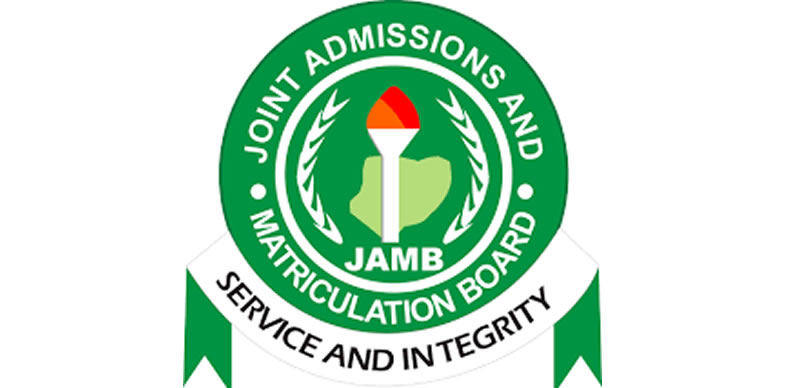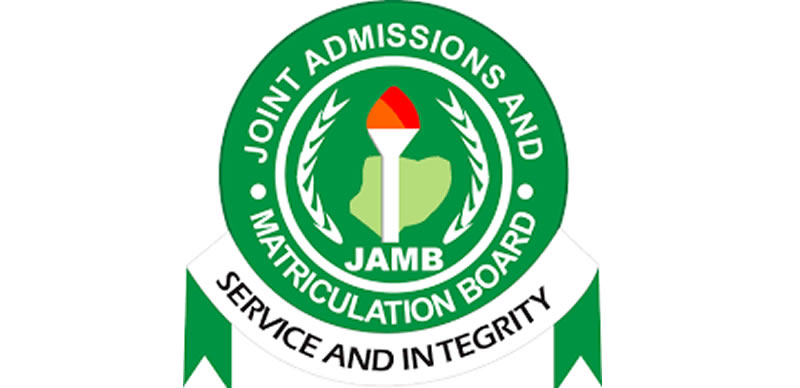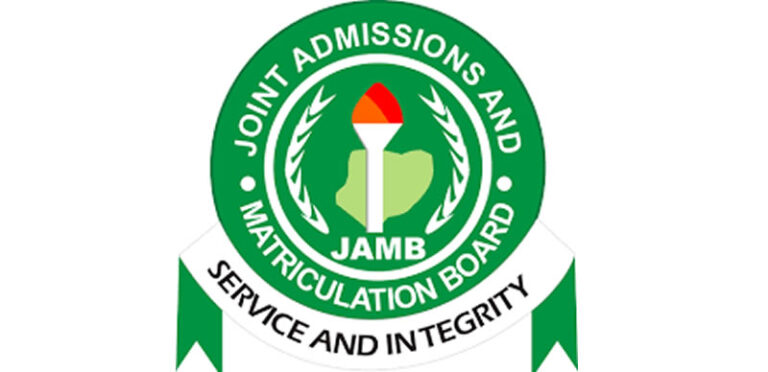JAMB Subject Combination & Admission Requirements for Medicine and Surgery
Choosing a career in medicine is a noble pursuit, but it comes with its challenges, especially when it comes to meeting the admission requirements at various universities. One of the most critical aspects of this process is understanding the JAMB subject combination for Medicine and Surgery. In this blog post, we’ll explore everything you need to know about the JAMB subject combination, admission requirements, and tips for aspiring medical students.
Understanding JAMB and Its Importance
The Joint Admissions and Matriculation Board (JAMB) is the regulatory body responsible for overseeing the admission process into tertiary institutions in Nigeria. Every year, thousands of students sit for the Unified Tertiary Matriculation Examination (UTME), which is a prerequisite for admission into universities. Understanding the JAMB subject combination is crucial as it directly influences your chances of gaining admission into your desired course.
What Is the JAMB Subject Combination for Medicine and Surgery?
For aspiring medical students, the JAMB subject combination typically includes:
- Biology
- Chemistry
- Physics
- Use of English
These subjects are core to the study of medicine and form the foundation for various medical concepts you’ll encounter throughout your education. It’s essential to prepare adequately for these subjects, as they not only determine your JAMB score but also your overall performance in the admission process.
Admission Requirements for Medicine and Surgery
In addition to the JAMB subject combination, there are several other admission requirements you must meet to be eligible for Medicine and Surgery at most universities. Here’s a breakdown of the typical requirements:
1. O’Level Results
Most universities require candidates to have at least five credit passes in relevant O’Level subjects. These usually include:
- English Language
- Mathematics
- Biology
- Chemistry
- Physics
It’s important to note that the specific requirements may vary by institution, so always check the official website of the university you are interested in.
2. JAMB Score
Your JAMB score is a significant factor in the admission process. Most universities set a minimum cut-off mark for Medicine and Surgery, which can vary yearly. Generally, a score of 250 and above is competitive for this course, but aiming higher can improve your chances.
3. Post-UTME Screening
After passing your JAMB examination, many universities conduct a Post-UTME screening test. This test assesses your knowledge and readiness for the course. The subjects tested usually align with your JAMB subject combination. It’s essential to prepare for this screening as it can significantly affect your admission chances.
4. Interview
Some universities may require candidates to undergo an interview process. This is an opportunity for the institution to gauge your passion for medicine and assess your suitability for the course.
5. Age and Health Requirements
Certain universities may have specific age limits or health requirements that candidates must meet. It’s advisable to consult the university’s admission guidelines for detailed information.
How to Prepare for JAMB and Admission into Medicine and Surgery
Preparing for the JAMB examination and securing admission into Medicine and Surgery requires dedicated effort. Here are some tips to help you:
1. Create a Study Plan
Develop a structured study plan that allocates sufficient time for each subject in your JAMB subject combination. Break down your study sessions into manageable chunks and include regular breaks to avoid burnout.
2. Use Quality Study Materials
Invest in recommended textbooks and online resources that align with the JAMB syllabus. Utilize past questions to familiarize yourself with the exam format and types of questions you may encounter.
3. Join Study Groups
Collaborate with peers who are also preparing for JAMB. Study groups can provide motivation, diverse perspectives on challenging topics, and an opportunity to quiz each other.
4. Practice Past Questions
One of the best ways to prepare for the JAMB examination is by practicing past questions. This not only helps you understand the exam format but also identifies areas where you need to improve.
5. Stay Informed
Keep up with any changes in the JAMB examination format or admission requirements. Follow official JAMB announcements and your prospective universities’ updates to stay informed.
6. Take Care of Your Health
Preparing for JAMB can be stressful, so ensure you maintain a healthy lifestyle. Eat well, exercise regularly, and get enough sleep. A healthy body supports a sharp mind.
Common Mistakes to Avoid
As you prepare for JAMB and the admission process, be aware of common pitfalls that can hinder your success:
1. Ignoring the JAMB Syllabus
Always refer to the official JAMB syllabus for your subjects. It outlines the topics you need to study and can help you focus your efforts effectively.
2. Last-Minute Preparation
Procrastination can be detrimental. Start your preparation early to avoid the stress of cramming just before the exam.
3. Underestimating the Post-UTME
Some candidates focus solely on the JAMB exam and neglect the Post-UTME. Remember, both are crucial for admission into Medicine and Surgery.
4. Failing to Research Universities
Different universities have varying admission requirements and cut-off marks. Research your preferred institutions thoroughly to tailor your preparation accordingly.
Conclusion
Embarking on a journey to study Medicine and Surgery is a commendable choice that requires commitment and preparation. Understanding the JAMB subject combination and meeting the admission requirements are vital steps in this process. By following the tips outlined in this blog post, you can enhance your chances of securing admission into your desired program.
Take charge of your preparation today, and remember that hard work and dedication will pay off in the long run. Good luck on your journey to becoming a medical professional!






